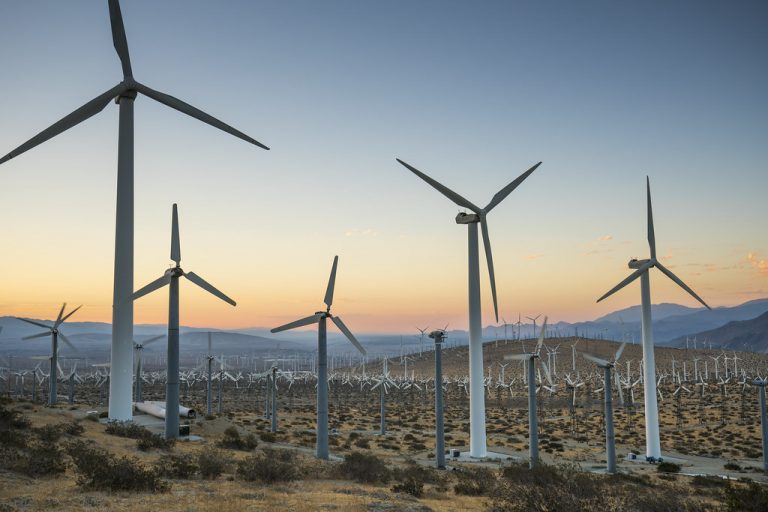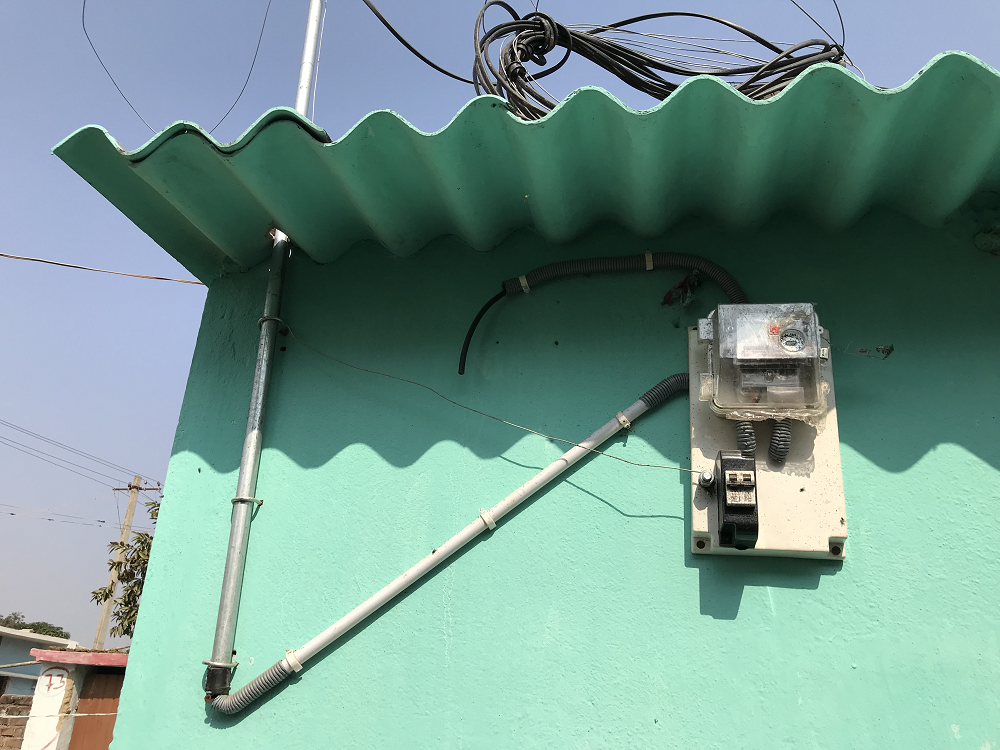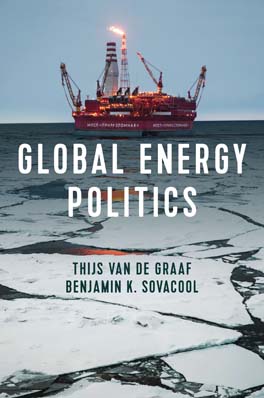Initiative forSustainable Energy Policy
As the world is running out of time to avoid the worst impacts of climate change, one billion people remain without access to electricity and safe and clean cooking fuels. Pressing environmental problems — including air pollution and early consequences of a changing climate — are concentrated in emerging economies.
How can we promote economic development while minimizing its impact on climate and the global environment?
ISEP — the Initiative for Sustainable Energy Policy — is a research collective that uses cutting-edge social and behavioral science to solve this global challenge. Centered at Johns Hopkins University, our research collective identifies and tests innovative policy solutions for the global energy transition that advance three central goals: impact, justice, and growth.
Newsletter
Sign up for updates about ISEP’s work around the world
Washington State’s Cap-And-Invest Carbon Trading Program: Does It Correct California’s Design Flaws?
Blog Blog Washington State’s CCA, Passed In April 2021, Authorizes Cap-And-Invest Last spring Washington State passed a comprehensive Cap-and-Invest program as part of the Climate Commitment Act (CCA), the second state...
Managing Supply Chain Emissions in China: The Role of Renewable Energy Procurement
Blog Blog To get to net zero many companies are creating emission reduction targets Many companies are under increasing pressure from their shareholders and stakeholders to commit to reducing their carbon...
Michael Aklin, Johannes Urpelainen
Johannes Urpelainen
Thijs Van de Graaf, Benjamin K. Sovacool


















